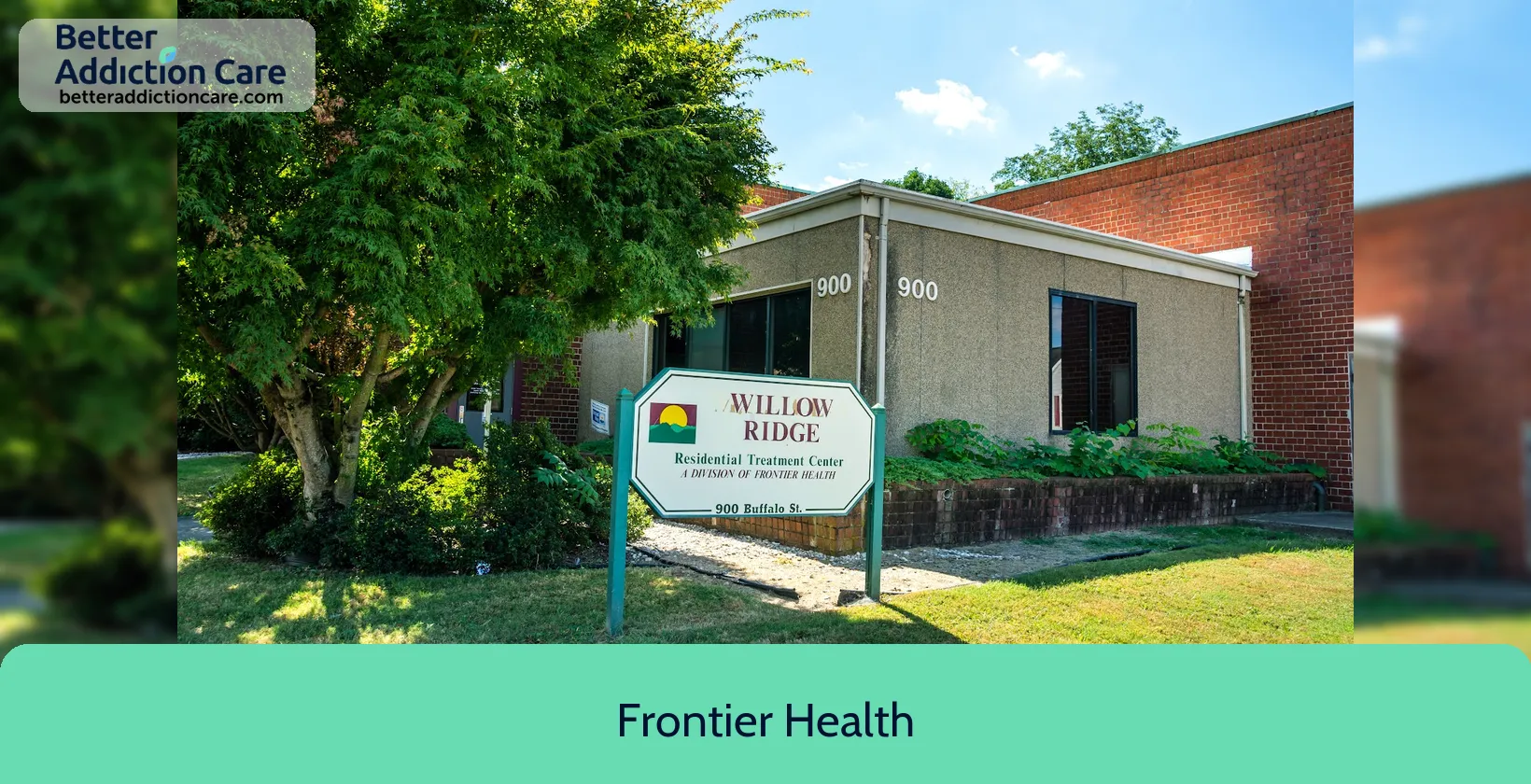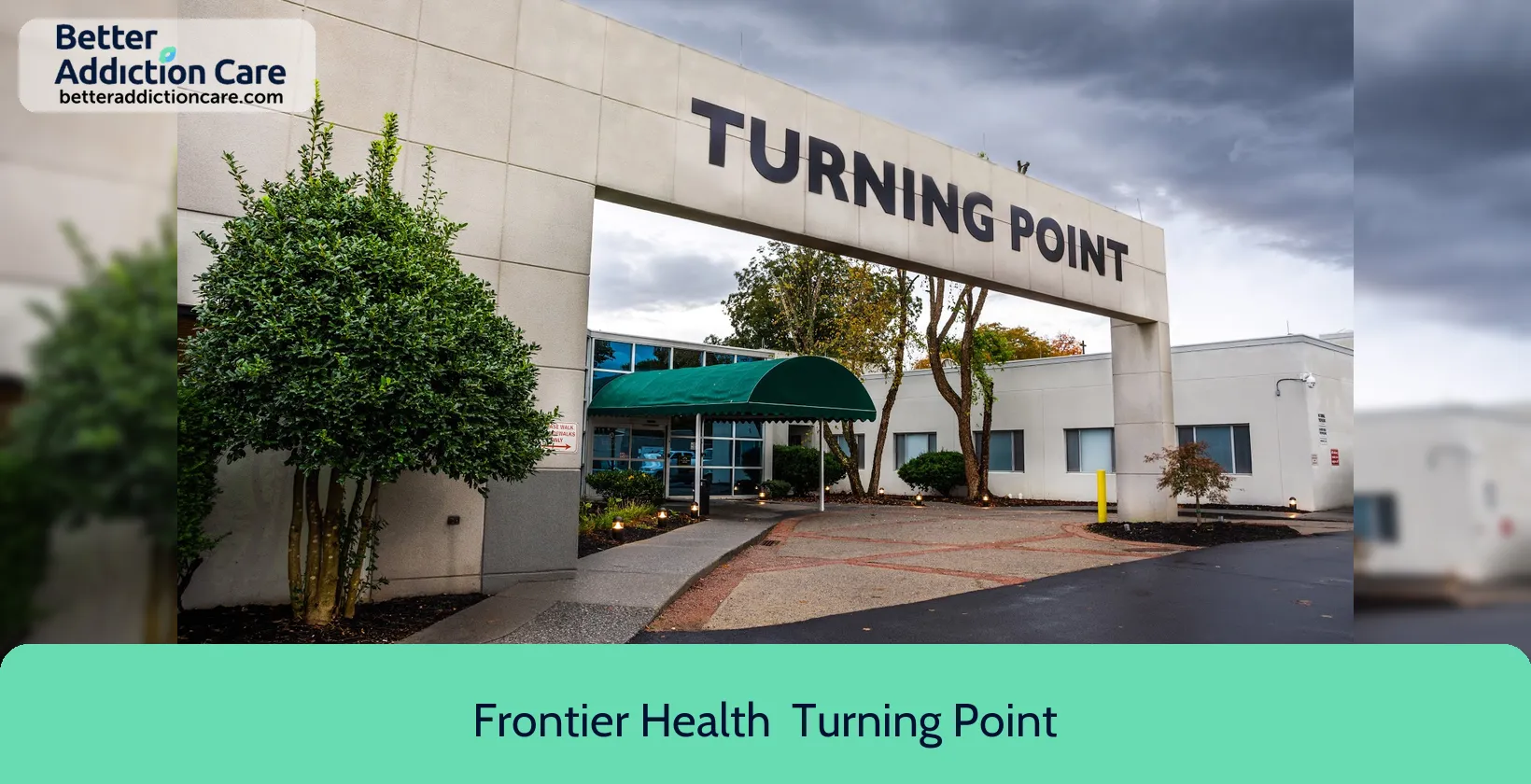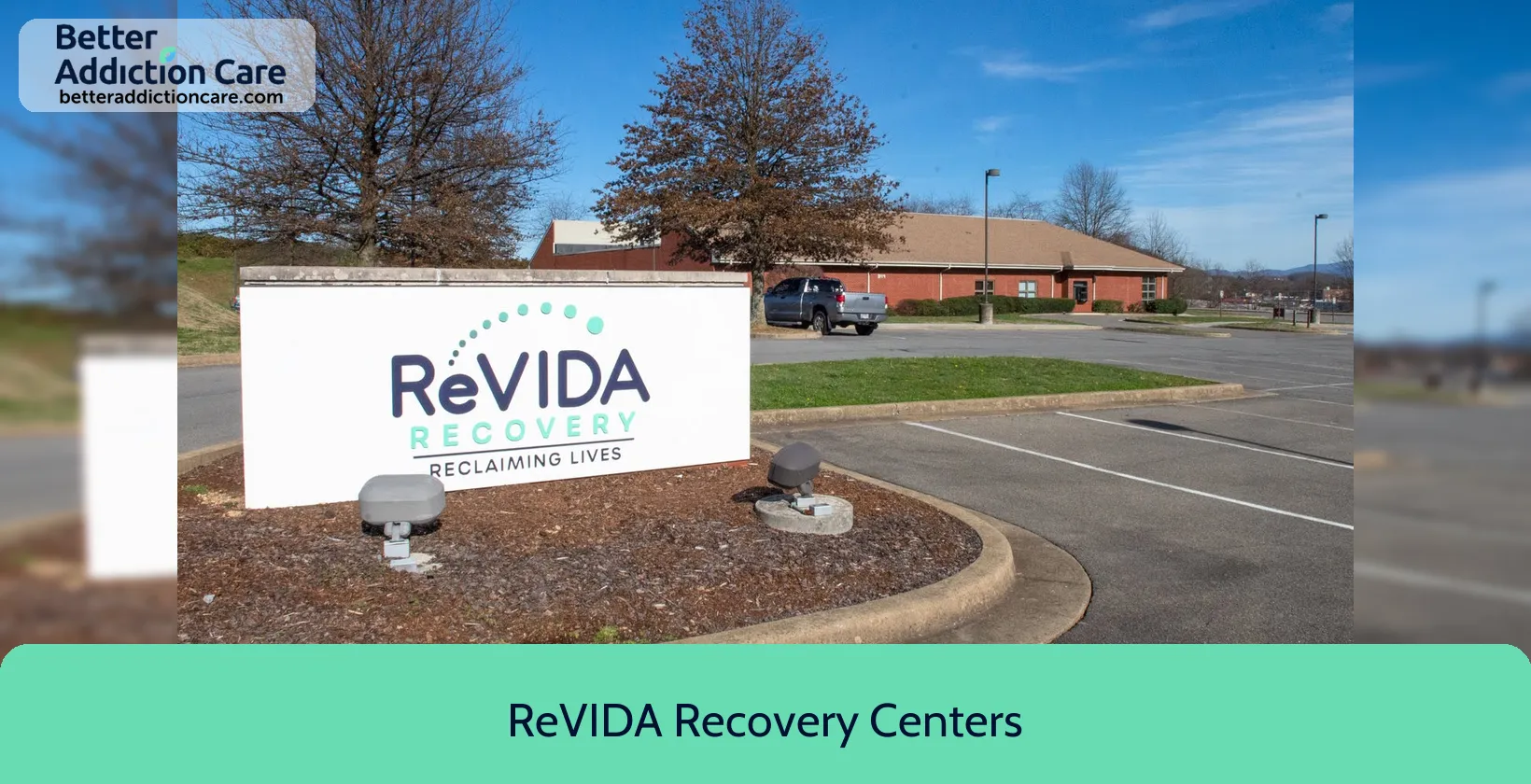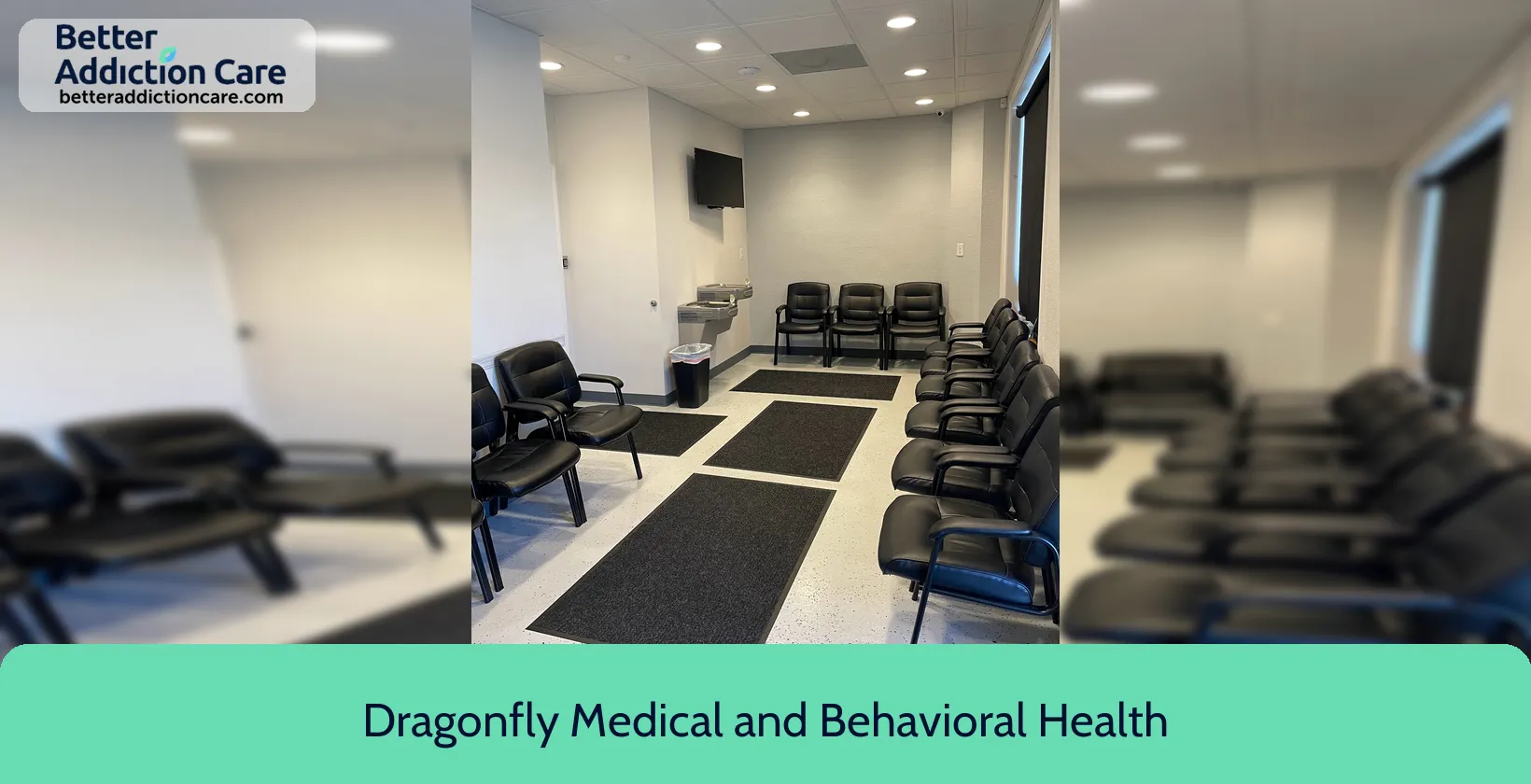Woodridge Hospital
Overview
Dedicated to providing specialized treatment for children, adolescents, and adults with mental health and drug use difficulties, Woodridge Hospital is situated in Johnson City, Tennessee.
The inpatient treatment programs at Woodridge Hospital take a thorough and individualized approach to treat both mental health and drug use disorders. Among the inpatient services' salient characteristics are:
Evaluation and Placement: Individuals are evaluated upon arrival and assigned to the most suitable unit in accordance with their age and particular requirements. This guarantees individualized treatment that takes into account each patient's particular situation.
Tailored Treatment Plans: A range of therapy modalities are included in customized treatments that are tailored to each patient's requirements. Group therapy sessions are recommended to provide peer support and shared learning experiences, even if individualized treatment is the main emphasis.
Expressive Arts Therapy: This cutting-edge approach incorporates movement, music, art, writing, and the outdoors as essential elements of the therapy regimen. In a creative and therapeutic setting, expressive arts therapy assists people in exploring their feelings and creating new coping strategies.
Development of Life Skills: Patients get instruction in vital life skills that they may use even after their treatment program is over, such as constructive coping mechanisms. Maintaining long-term healing and general wellbeing requires these abilities.
Services for Crisis and Short-Term Intervention
Woodridge Hospital is a 24/7 crisis walk-in clinic that offers those in need of treatment quick help. The goal of the provided quick intervention services is to stabilize patients and put them in touch with the resources they need for further assistance after they are discharged.
The all-encompassing approach of Woodridge Hospital guarantees that every patient gets thorough, considerate, and efficient care that is customized to meet their specific requirements. Woodridge Hospital is dedicated to promoting long-lasting rehabilitation and improving the quality of life for all patients by fusing individualized care, cutting-edge treatments, and crucial life skills training.
When a patient is prepared to leave Woodridge Hospital, they are given a customized discharge plan that meets their individual requirements. To guarantee the continuity of treatment, this plan incorporates links to community resources. Post-discharge alternatives might vary from more intense support programs to outpatient assistance, depending on the requirements of the client. The goal of this smooth transition is to provide continuing stability and support, fostering long-term healing and general well-being.
Woodridge Hospital at a Glance
Payment Options
- Cash or self-payment
- Medicaid
- Medicare
- State-financed health insurance plan other than Medicaid
- Private health insurance
Assessments
- Screening for tobacco use
- Comprehensive mental health assessment
- Comprehensive substance use assessment
- Outreach to persons in the community
- Screening for mental disorders
Age Groups
- Seniors or older adults
- Adolescents
- Young adults
- Seniors
Ancillary Services
- Mental health services
Highlights About Woodridge Hospital
7.13/10
With an overall rating of 7.13/10, this facility has following balanced range of services. Alcohol Rehabilitation: 8.00/10, Drug Rehab and Detox: 6.92/10, Insurance and Payments: 6.00/10, Treatment Options: 7.58/10.-
Alcohol Rehabilitation 8.00
-
Treatment Options 7.58
-
Drug Rehab and Detox 6.92
-
Insurance and Payments 6.00
Accreditations
State mental health department:
State mental health department accreditation refers to the process of evaluating and certifying the quality and standards of a state's mental health department, ensuring that it provides high-quality services and meets specific criteria for mental health care. The accreditation process is performed by a third-party organization and helps to improve the overall care and treatment of individuals with mental health conditions.
State department of health:

Government agencies issue State Licenses, granting rehabilitation organizations permission to operate their businesses lawfully within specific geographic regions. The specific licenses needed for legal operation are typically determined by the type of rehabilitation program offered by the facility and its physical location.
Hospital licensing authority:
The Hospital Licensing Authority is responsible for granting licenses to healthcare facilities, ensuring that they meet the standards and regulations set by the government. Accreditation is a process of evaluation and recognition by a third-party organization, confirming that the hospital meets specific quality and safety standards.
The Joint Commission:

The Joint Commission accreditation for addiction and behavioral health signifies that a facility has met rigorous standards in patient care, treatment, and safety. This recognition assures patients and professionals of the facility's commitment to providing high-quality, evidence-based care in the fields of addiction and behavioral health, fostering trust and confidence in their services.
Treatment At Woodridge Hospital
Treatment Conditions
- Mental health treatment
- Alcoholism
- Substance use treatment
- Co-occurring Disorders
Care Levels
- Hospital inpatient/24-hour hospital inpatient
- Hospital inpatient detoxification
- Hospital inpatient treatment
- Aftercare
- Outpatient
Treatment Modalities
- Cognitive behavioral therapy
- Substance use disorder counseling
- Trauma-related counseling
- Smoking/vaping/tobacco cessation counseling
- Group counseling
Ancillary Services
Languages
- Sign language services for the deaf and hard of hearing
Additional Services
- Pharmacotherapies administered during treatment
- Discharge Planning
- Breathalyzer or blood alcohol testing
Special Programs
- Clients with co-occurring mental and substance use disorders
- Veterans
- Active duty military
- Members of military families
- Criminal justice (other than DUI/DWI)/Forensic clients
Get Help Now
Common Questions About Woodridge Hospital
Contact Information
Other Facilities in Johnson City

6.84

7.51

7.60

7.54

7.48

7.33

7.51

7.34
DISCLAIMER: The facility name, logo and brand are the property and registered trademarks of Catalyst Health Solutions, and are being used for identification and informational purposes only. Use of these names, logos and brands shall not imply endorsement. BetterAddictionCare.com is not affiliated with or sponsored by Catalyst Health Solutions.

